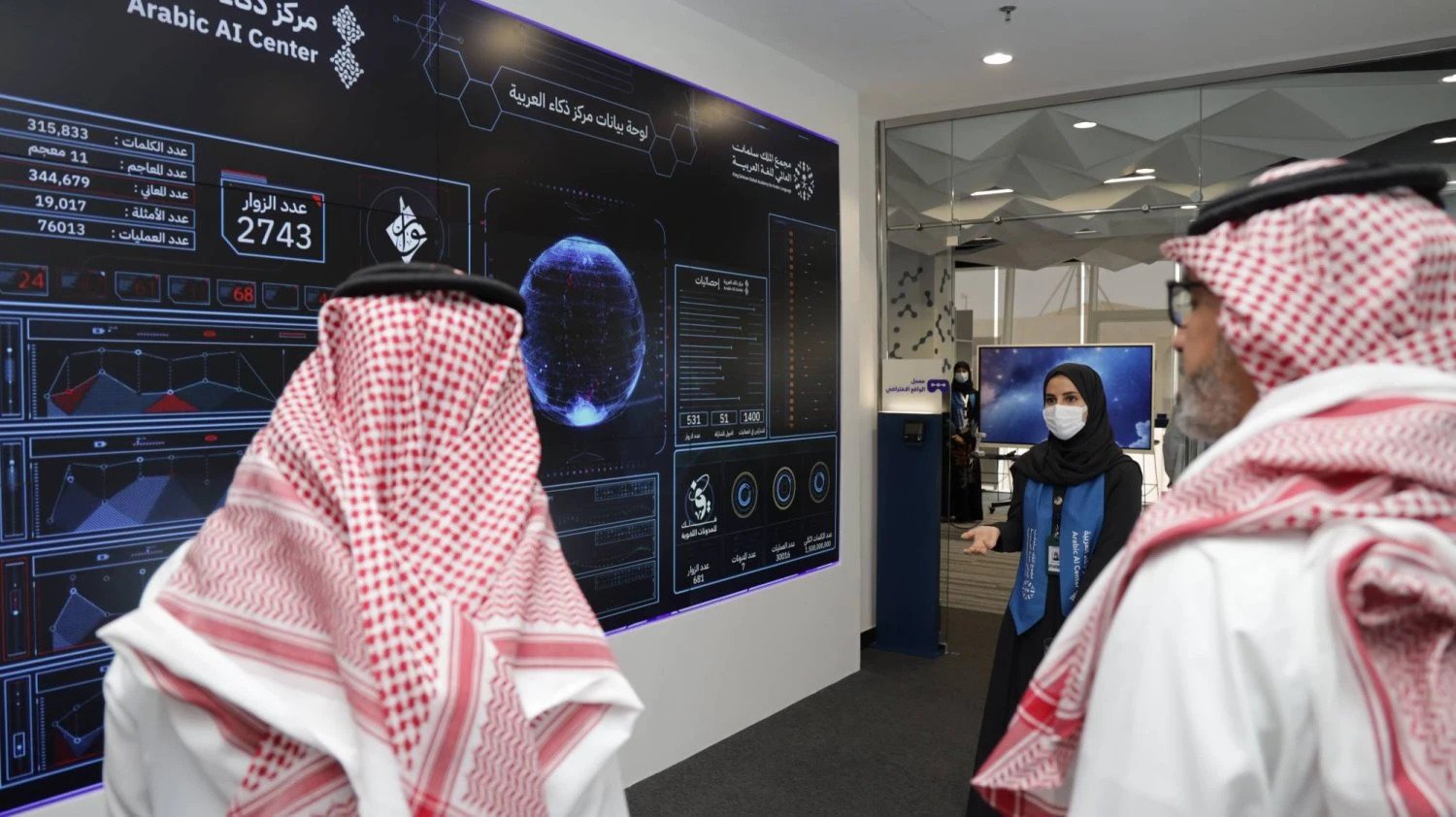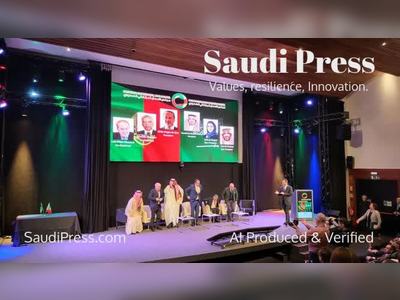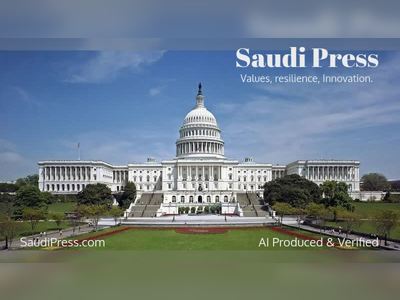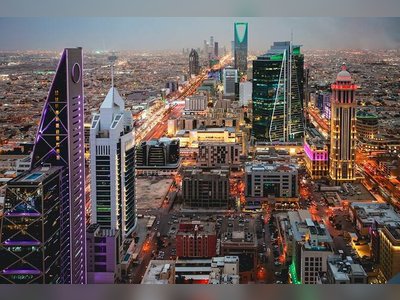
Saudi Arabia Re-orientates Vision 2030 Toward AI as Megaprojects Stagnate
Kingdom shifts focus from luxury real-estate spectacles to artificial intelligence, logistics and data infrastructure amid foreign-investment headwinds
Saudi Arabia is re-casting its economic transformation agenda by placing artificial intelligence (AI) and advanced digital infrastructure at the heart of its strategy, as previously heralded megaprojects such as Neom and Trojena face delays and heightened investor caution.
Emerging developments show Crown Prince Mohammed bin Salman’s leadership pivoting the nation’s landmark Vision 2030 framework toward sectors with faster returns and global relevance.
Sources familiar with the matter say the Public Investment Fund (PIF), Saudi Arabia’s US$925 billion sovereign-wealth vehicle, is redirecting capital away from labour-intensive construction and property ventures and toward AI, logistics and mining assets—areas touted as likely to deliver quicker and more predictable yields.
This strategic recalibration follows reports that some mega-real-estate projects have failed to meet early expectations for investor interest and payoff timelines.
Analysts note that the shift reflects broader global investor sentiment: while interest in gleaming physical developments such as linear desert cities is waning, appetite for AI, semiconductors and data-centre investment remains robust.
In this context, Saudi Arabia has staged high-profile announcements with its AI venture Humain targeting several gigawatts of compute and measures to attract foreign AI firms into its real-estate-tech ecosystem.
One such platform, NeoCity, aims to link developers, technology startups and government agencies via a US$100 million fund backing property-tech and construction-tech pilots.
The re-positioning takes place amid data showing a slowdown in traditional megaproject activity—for example, salary premiums for foreign workers in construction and manufacturing are shrinking and deal volumes have reduced.
The move toward AI and logistics is also aligned with Saudi Arabia’s broader ambition to act as a trade and data hub across Asia, Europe and Africa, leveraging its geography, infrastructure and energy endowment.
While the transition signals strategic adaptation rather than retreat, challenges remain.
Execution risk is high, talent and governance frameworks are still maturing, and many observers will seek tangible returns rather than cadence-driven announcements.
Nevertheless, the Kingdom’s refocusing under Mohammed bin Salman suggests that Vision 2030’s next phase will rest on “code and chips” rather than concrete alone, with the aim of delivering measurable economic impact for a post-oil future.
Emerging developments show Crown Prince Mohammed bin Salman’s leadership pivoting the nation’s landmark Vision 2030 framework toward sectors with faster returns and global relevance.
Sources familiar with the matter say the Public Investment Fund (PIF), Saudi Arabia’s US$925 billion sovereign-wealth vehicle, is redirecting capital away from labour-intensive construction and property ventures and toward AI, logistics and mining assets—areas touted as likely to deliver quicker and more predictable yields.
This strategic recalibration follows reports that some mega-real-estate projects have failed to meet early expectations for investor interest and payoff timelines.
Analysts note that the shift reflects broader global investor sentiment: while interest in gleaming physical developments such as linear desert cities is waning, appetite for AI, semiconductors and data-centre investment remains robust.
In this context, Saudi Arabia has staged high-profile announcements with its AI venture Humain targeting several gigawatts of compute and measures to attract foreign AI firms into its real-estate-tech ecosystem.
One such platform, NeoCity, aims to link developers, technology startups and government agencies via a US$100 million fund backing property-tech and construction-tech pilots.
The re-positioning takes place amid data showing a slowdown in traditional megaproject activity—for example, salary premiums for foreign workers in construction and manufacturing are shrinking and deal volumes have reduced.
The move toward AI and logistics is also aligned with Saudi Arabia’s broader ambition to act as a trade and data hub across Asia, Europe and Africa, leveraging its geography, infrastructure and energy endowment.
While the transition signals strategic adaptation rather than retreat, challenges remain.
Execution risk is high, talent and governance frameworks are still maturing, and many observers will seek tangible returns rather than cadence-driven announcements.
Nevertheless, the Kingdom’s refocusing under Mohammed bin Salman suggests that Vision 2030’s next phase will rest on “code and chips” rather than concrete alone, with the aim of delivering measurable economic impact for a post-oil future.





